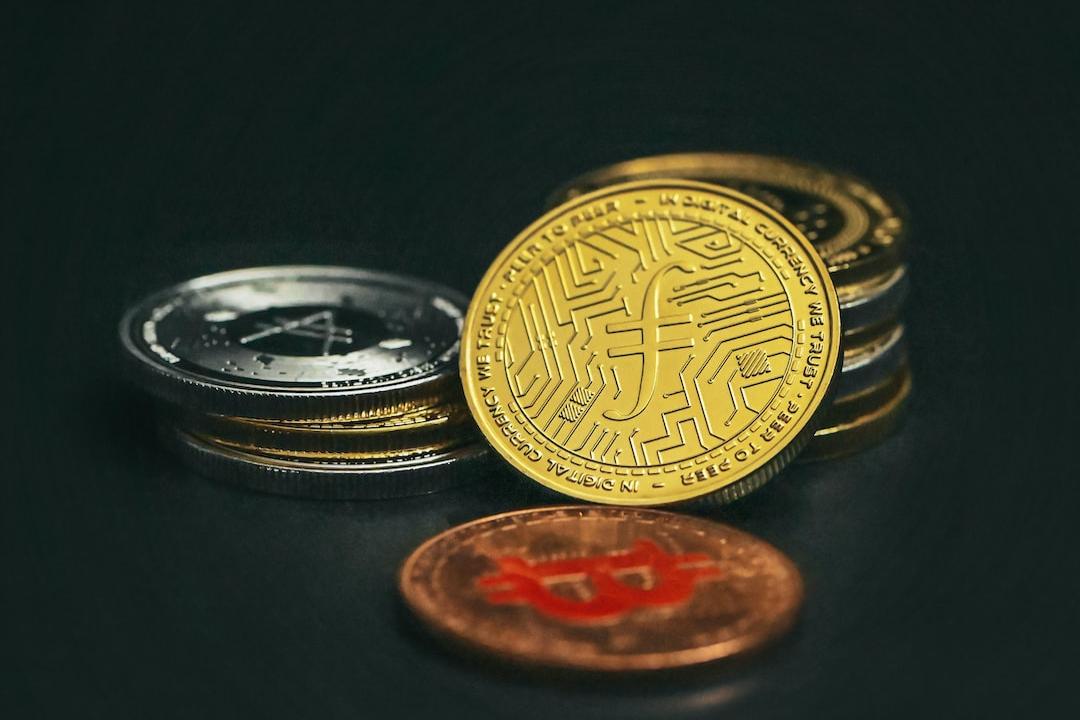Concerns arise as a whale transfer of Solana (SOL) tokens to Coinbase sparks bearish sentiments, despite the recent approval of a bullish Solana spot ETF and positive market confidence.
The Solana (SOL) price is currently at a critical point, with mixed signals indicating both bullish and bearish trends. A significant transfer of SOL tokens to Coinbase has raised concerns about potential selling pressure in the market.
On August 9, a whale transferred 200,345 SOL tokens, equivalent to over $31 million, to Coinbase from an unknown wallet. Such large transfers to exchanges are often seen as a precursor to sell-offs by market participants. If these SOL tokens are sold, it could exert significant downward pressure on the price, especially considering the transaction’s size relative to Solana’s daily trading volume.
The timing of this transfer further exacerbates the bearish sentiment, as it coincides with heightened volatility in the broader cryptocurrency market. Adding to the bearish pressure is the formation of a descending triangle pattern in the SOL/USD pair, which is considered a bearish continuation pattern by analysts. This pattern indicates intensifying selling pressure, resulting in weaker rallies that struggle to break resistance. Traders estimate a potential downside target of over 51%, with the price potentially dropping to around $3.52 if the bearish setup is confirmed.
Despite these bearish signals, Solana’s market fundamentals continue to show strength. The funding rate, a key indicator of market sentiment in futures trading, has remained largely positive, reflecting a bullish outlook among futures traders. Open interest in Solana futures has also been increasing, indicating growing participation in the market and the entry of new capital. Additionally, the recent approval of the world’s first Solana spot ETF by the Brazilian Securities and Exchange Commission (CVM) further boosts market confidence. This ETF, developed in partnership with CME Group, will use the CME CF Solana Dollar Reference Rate as its benchmark. The approval not only legitimizes Solana in the eyes of institutional investors but also paves the way for increased capital inflows from the traditional finance sector.
Brazil’s approval of the ETF aligns with a global trend of regulators proposing similar products, which could potentially benefit Solana ETFs worldwide. Despite the conflicting signals, the near-term outlook for Solana remains intriguing and uncertain.

